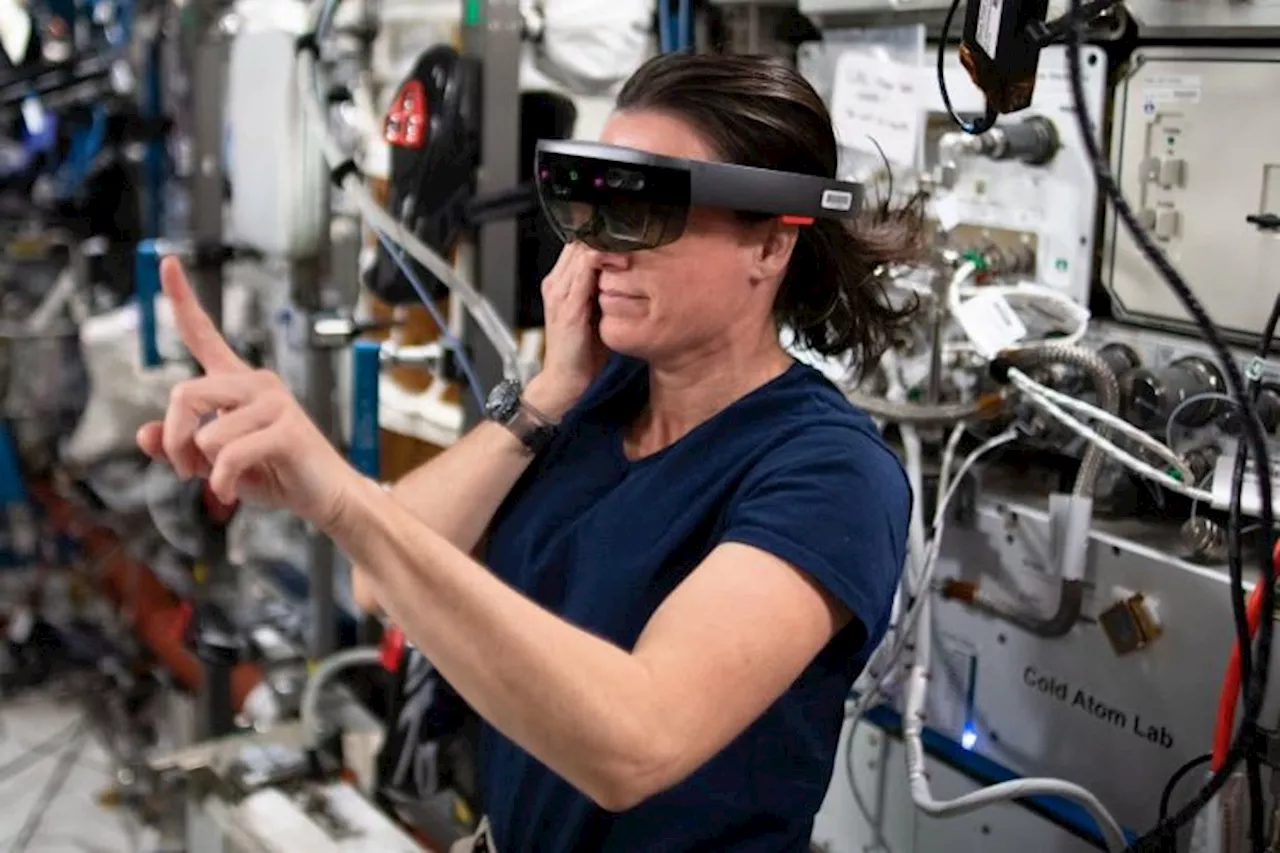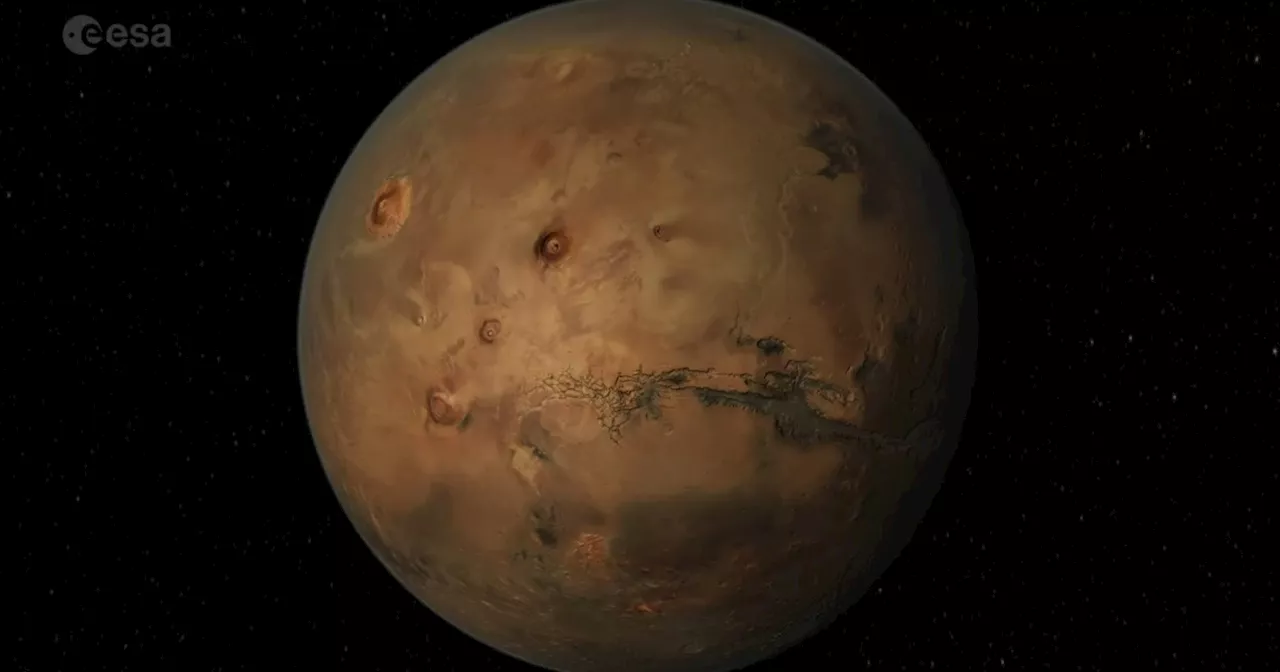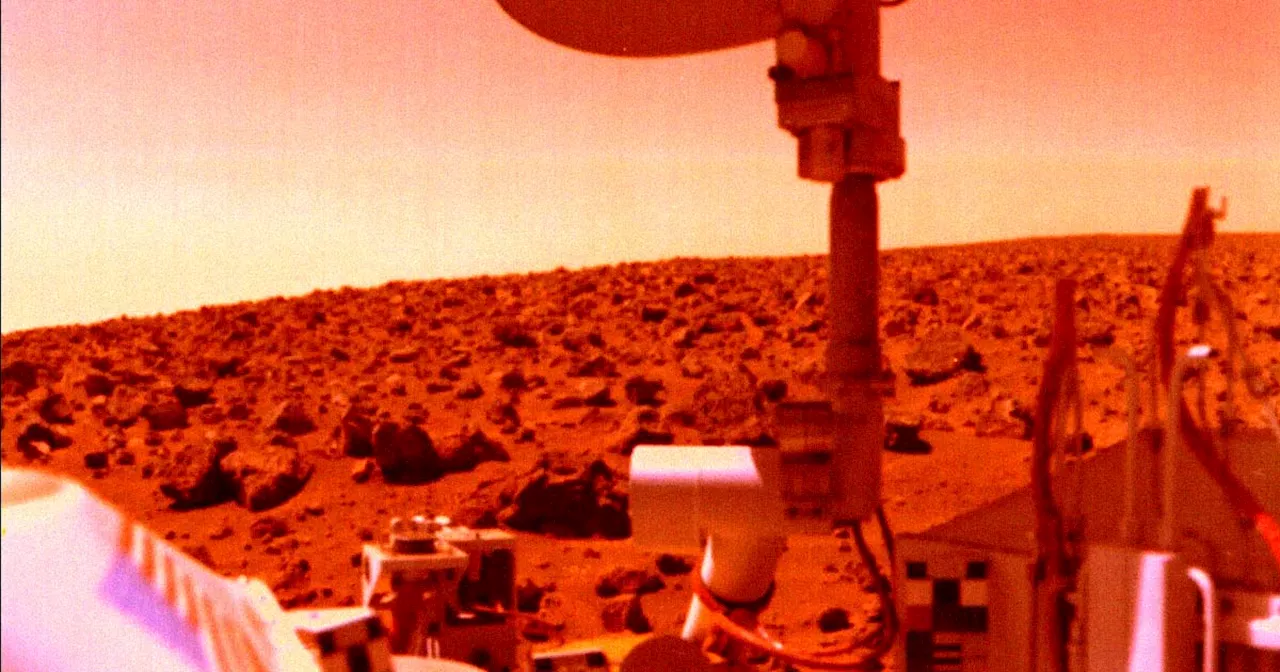The Ingenuity helicopter flew on Mars for an incredible 72 flights. Now, NASA has shared findings of why the mission came to an end.
Earlier this year, the NASA helicopter Ingenuity came to the end of its mission after an incredible 72 flights on Mars . The helicopter flew a remarkable 30 times farther than planned, and was the first rotocopter to fly on another planet, proving that exploring distant worlds from the air is possible. Now, NASA has revealed new details about what exactly caused the crash that brought the mission to an end, and what it learned about flying helicopters for future missions.
Recommended Videos “When running an accident investigation from 100 million miles away, you don’t have any black boxes or eyewitnesses,” said Ingenuity’s first pilot, Håvard Grip of NASA’s Jet Propulsion Laboratory. “While multiple scenarios are viable with the available data, we have one we believe is most likely: Lack of surface texture gave the navigation system too little information to work with.
Related Further investigation found that the likely problem was that Ingenuity hit the surface too hard, then pitched to one side and rolled over. That meant weight was put onto the very light and delicate rotor blades, causing all four of them to snap at the tips. That created vibrations in the system, which ripped one blade off its mast completely.
“Because Ingenuity was designed to be affordable while demanding huge amounts of computer power, we became the first mission to fly commercial off-the-shelf cellphone processors in deep space,” said Teddy Tzanetos, Ingenuity’s project manager. “We’re now approaching four years of continuous operations, suggesting that not everything needs to be bigger, heavier, and radiation-hardened to work in the harsh Martian environment.
United States Latest News, United States Headlines
Similar News:You can also read news stories similar to this one that we have collected from other news sources.
 NASA Mars Rover Exploring Spiderweb-Like Patterns on MarsScience and Technology News and Videos
NASA Mars Rover Exploring Spiderweb-Like Patterns on MarsScience and Technology News and Videos
Read more »
 Enhancing Mars Exploration Telemetry-Driven Information System (METIS) for Future Mars MissionsAn international team of researchers, led by the German Aerospace Center, introduces improvements to the Mars Exploration Telemetry-Driven Information System (METIS). The study aims to address communication challenges between Earth and Mars, which can take up to 24 minutes due to orbital positions. These enhancements could significantly benefit future astronauts on Mars, developing more efficient technology for long-term space missions, including those to the Moon.
Enhancing Mars Exploration Telemetry-Driven Information System (METIS) for Future Mars MissionsAn international team of researchers, led by the German Aerospace Center, introduces improvements to the Mars Exploration Telemetry-Driven Information System (METIS). The study aims to address communication challenges between Earth and Mars, which can take up to 24 minutes due to orbital positions. These enhancements could significantly benefit future astronauts on Mars, developing more efficient technology for long-term space missions, including those to the Moon.
Read more »
 Take a flight over Mars’ Ares Vallis in a new video from Mars ExpressDT Video
Take a flight over Mars’ Ares Vallis in a new video from Mars ExpressDT Video
Read more »
 NASA’s Mars rover reveals what it’s grateful for this ThanksgivingTens of millions of miles from home, NASA's Curiosity rover has shared what it's grateful for this Thanksgiving
NASA’s Mars rover reveals what it’s grateful for this ThanksgivingTens of millions of miles from home, NASA's Curiosity rover has shared what it's grateful for this Thanksgiving
Read more »
 Scientist Says NASA Lander May Have Accidentally Killed Life on MarsScience and Technology News and Videos
Scientist Says NASA Lander May Have Accidentally Killed Life on MarsScience and Technology News and Videos
Read more »
 NASA’s Curiosity Mars Rover Takes a Last Look at Mysterious SulfurThe rover captured a 360-degree panorama before leaving Gediz Vallis channel, a feature it’s been exploring for the past year.
NASA’s Curiosity Mars Rover Takes a Last Look at Mysterious SulfurThe rover captured a 360-degree panorama before leaving Gediz Vallis channel, a feature it’s been exploring for the past year.
Read more »
